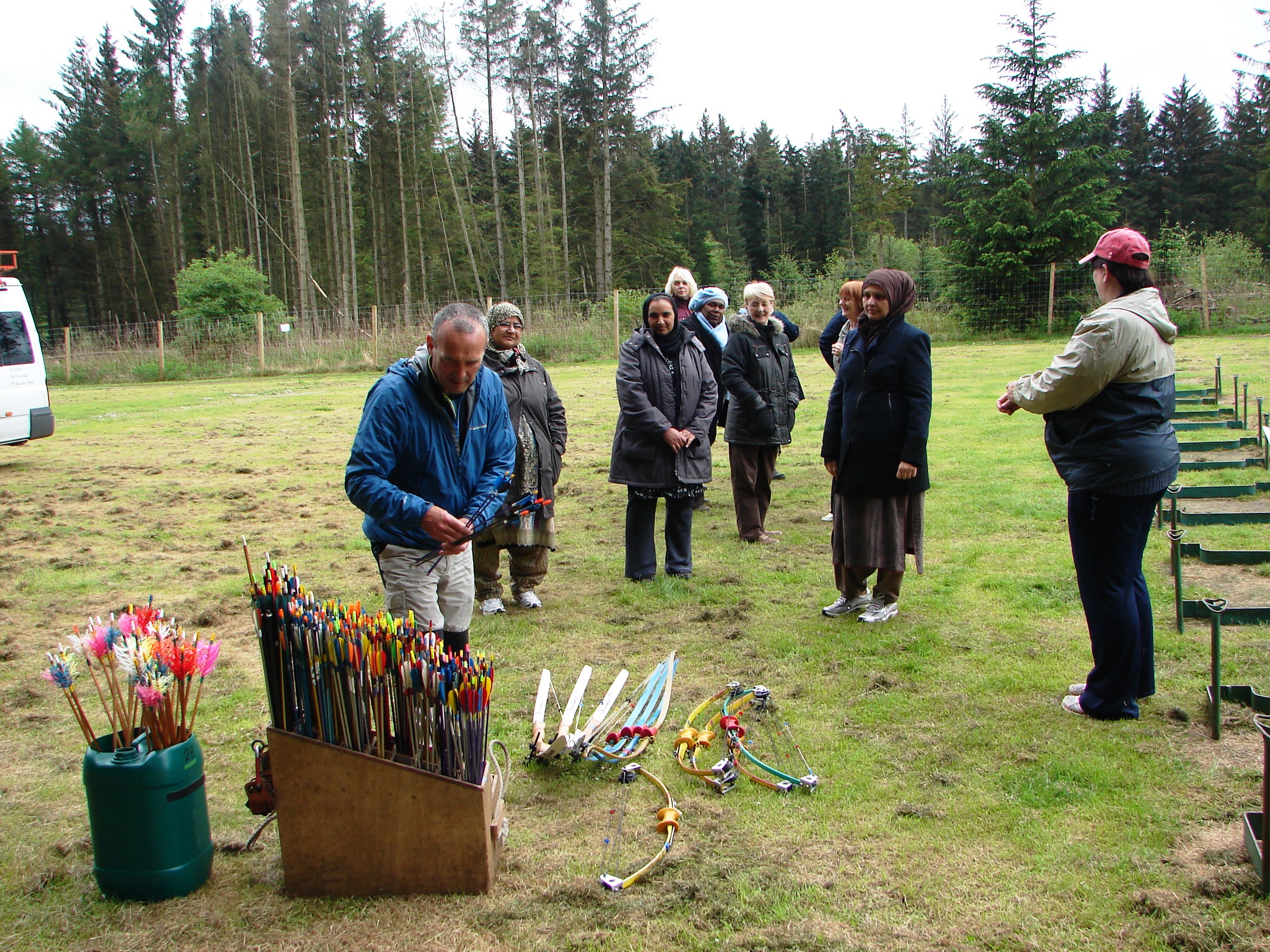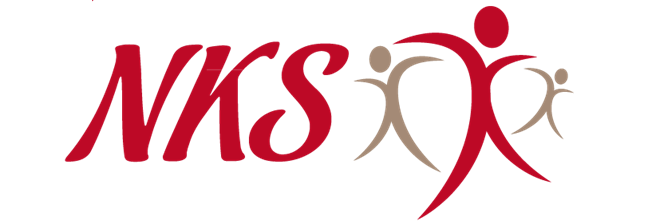Self Management Project
THE PROJECT
NKS has a mailing list of over 500 South Asian people in Edinburgh. Of the 150 women and children who use NKS services every week, NKS has 53 identified women and young people through its database as living with a long-term illness. These are categorised as – physical disabilities (individuals in a wheel chair or having another physical disability), learning disabilities (children and adults with special needs due to learning disabilities), long term illnesses (arthritis, asthma, diabetes, heart disease, cancer etc) and mental health issues (such as depression). The actual number of people living with a long term health condition who use NKS services is higher than 53.
Primarily, engaging people with long term health conditions in the management of their health is empowering them towards their increased independence and they are becoming less dependent on health services and their families. To empower people, new strategies for effective management of one’s health are required. The clinical model is commonly available under health services, but there is a need to develop a social model that encourages people with long term health conditions to improve functions and address problems faced by them in their day to day life.
THE VISION
The vision of the project is to empower people living with long term health conditions and their families to be better equipped to improve their life circumstances. The overall aim of the project is to enable people with long term health conditions to be able to lead life with little support, and for the families to cope better as carers.
PROJECT DEVELOPMENT
NKS has developed and implemented a tailored programme to support the South Asian communities within the family setting. The programme is supporting unpaid carers as well as individuals living with long term health conditions to better manage the impact that the condition has on individuals and their families. This is being done by providing one to one support sessions to individuals in the home and sessions with family carers in the home.
The holistic approach is being used to develop the support programme where the whole family is being supported, as a person with long term health condition living with a family impacts everyone at home. The extended family system in the South Asian communities demands the involvement of the extended family, hence, a support group has been developed around the needs of carers to link them to other families in similar circumstances.
Through outreach and befriending, the project is being discussed in detail with families identified as requiring support. An action plan has been developed for each family in consultation with them, tailor made to their needs as a family, and as an individual living with a long term condition. The action plan covers issues such as; nutrition, exercise, pain management, emotional support, empowerment strategies, confidence building, management of illness through information and understanding, health education, access to services and benefit entitlements, social activities and social connections, dealing with stigma and depression etc. Sessional workers and volunteers have been trained by expert trainers to deliver the developed programme and attached to families to build capacity among family members as well as the person living with the long term health condition. The sessional workers and volunteers are delivering a developed programme through one to one sessions with an individual with the long term health condition using person-centred approach, and a family session to address issues that impact on everyone at home using a holistic approach.

In The Long Run
The family members of the person with disabilities are receiving support through a support group set up specifically for carers of people with long-term illness. The support group is linking families in similar circumstances and is acting as a platform to discuss issues around disability and stigma attached. The workers are also connecting families and people with disabilities with various services of relevance to them to improve their quality of life. To begin with, NKS had about 15 families who required intensive one to one support. NKS engaged with these 15 families immediately and involved them in shaping up the project.
The developed programme around education, awareness raising and confidence building is helping people with long-term conditions to manage their health better with confidence with little support and is reducing chances of negative impact on the entire family set up. This is resulting in an improvement in the quality of life for the whole family.
How the project will be delivered
The project is being delivered over a period of three years. NKS is striving to work with 75 families over this period. One to one support as well as capacity building workshops is being provided to individuals to manage their health. The families are being supported through a support group where they can share information and experiences with service providers as well as with families in similar circumstances.
